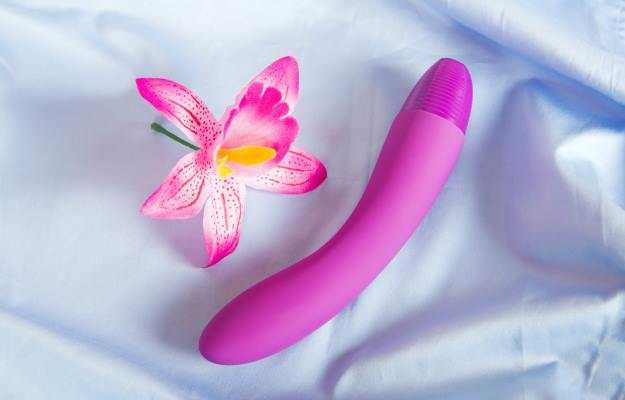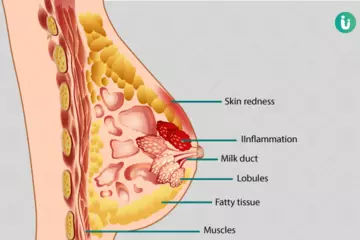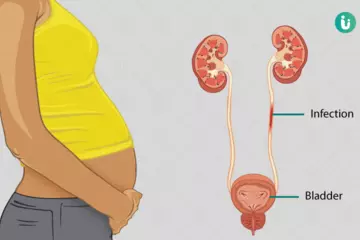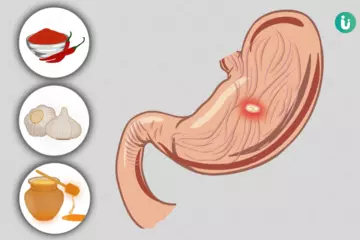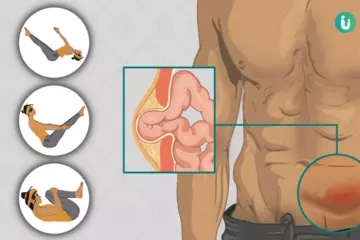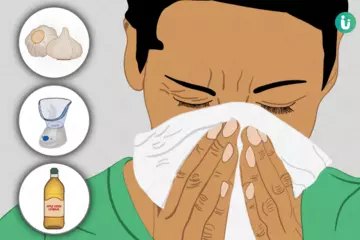What is an Anal fistula?
An anal fistula is an abnormal small channel that is formed between the colon and anal skin. Pus in the anal gland leads to a fistula. The tube between the colon and anus is the anal canal where there are numerous anal glands. An infection in these glands can cause pus formation, which drains through the canal towards the anus leaving the channel open.
What are the main signs and symptoms?
Pain and irritation around the anal opening are the prime symptoms. Constant throbbing pain when you sit down or move around or during a bowel movement; discharge or a foul smell near the skin of the anus; passing pus or blood in stool; swelling and redness surrounding the opening of the anus; fever, chills, fatigue and a general feeling of sickness are additional symptoms.
What are the main causes?
Anal fistulas usually develop due to anal abscesses. They occur if these abscesses are not healed properly after the pus is drained away. Less frequently, they may also be caused by conditions, such as Crohn’s disease, tuberculosis, diverticulitis, sexually transmitted diseases, trauma, or cancer.
How is it diagnosed and treated?
A careful observation of anorectal symptoms and medical history will help diagnose the condition. The doctor will examine you to look for symptoms, such as a fever, tenderness, swelling, and redness. Some abscesses may be visible externally as a bump on the anal skin. The point of drainage of blood or pus can be seen during a physical examination. Doctors may press the site to see if pus or blood is released. A fistula probe, anoscope, and imaging studies (ultrasound, MRI or CT scan) may also be used. A digital rectal examination can be painful and can release the pus. Fistulas may close instantly but drain occasionally hence making the diagnosis difficult.
(Consult a doctor with Doctor app)
No medicine or drug is available till date for the treatment. Fistulas are mostly treated with surgery. They do not heal by themselves. Antibiotics are used along with surgery for the treatment. Surgical treatment includes the following options:
- Fistulotomy
This procedure involves cutting down the whole fistula and opening it to allow healing like a flat scar. - Seton Procedure
A thin surgical rubber called seton is placed in the fistula and connected to its other end forming a ring. It is placed for weeks to allow healing, followed by other necessary surgical procedures for the treatment of fistula. - Other techniques
Other methods, such as fistula healing with glue, tissue, or a special plug, are also useful. - Reconstructive Surgeries
Procedures to close the fistula completely.
(Get online doctor consultation for any health issue)

 Doctors for Anal Fistula
Doctors for Anal Fistula  OTC Medicines for Anal Fistula
OTC Medicines for Anal Fistula
 Anal Fistula articles
Anal Fistula articles
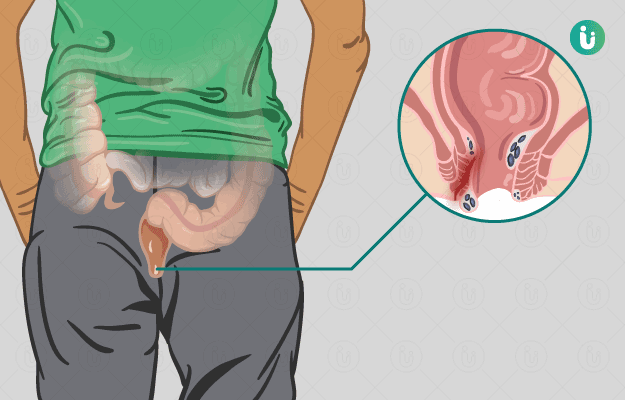
 Ayurvedic Treatment of Anal Fistula
Ayurvedic Treatment of Anal Fistula
 Homeopathic Treatment of Anal Fistula
Homeopathic Treatment of Anal Fistula







 Dr. Rachita Narsaria
Dr. Rachita Narsaria
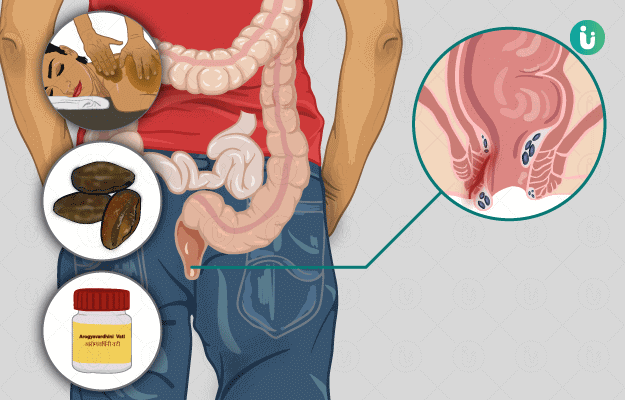
 Dr. Laxmidutta Shukla
Dr. Laxmidutta Shukla

